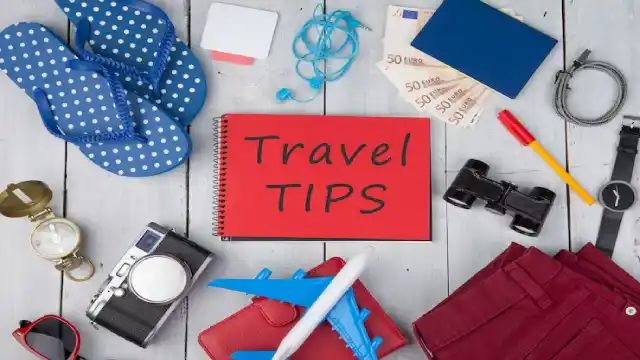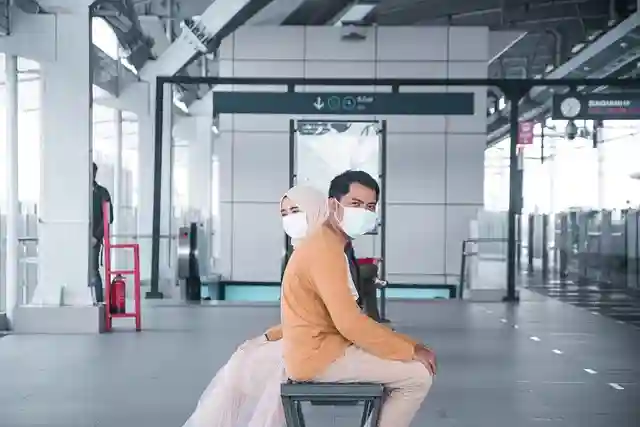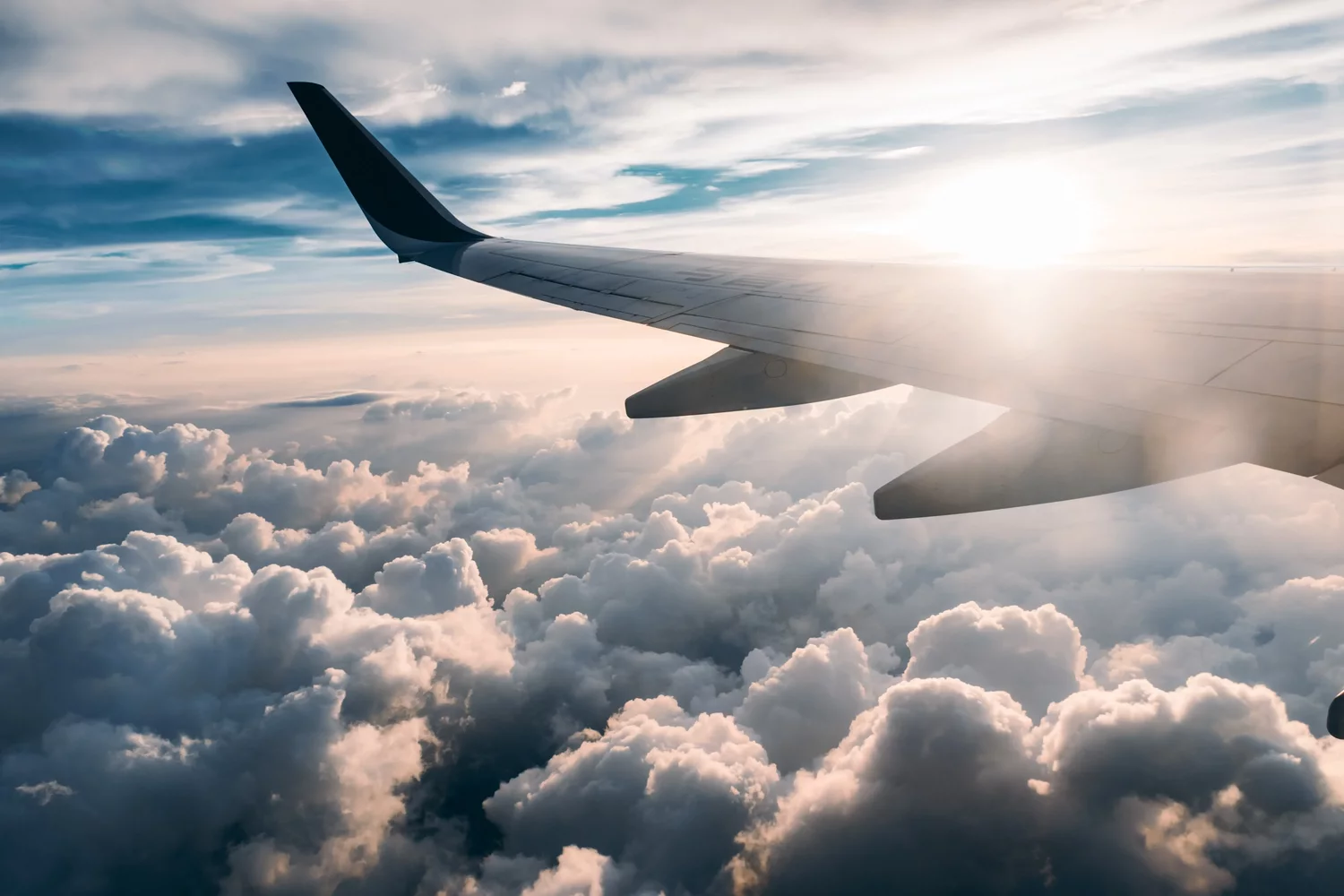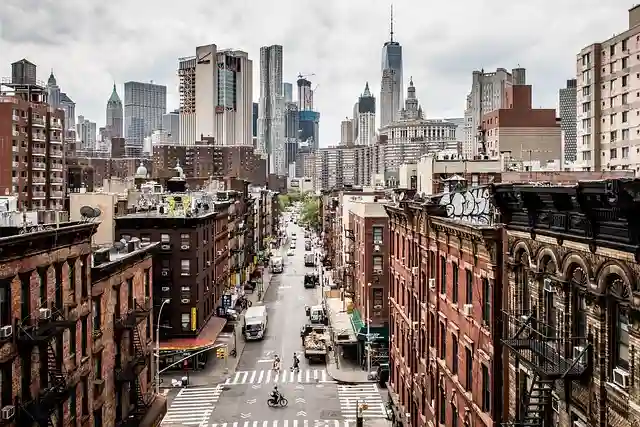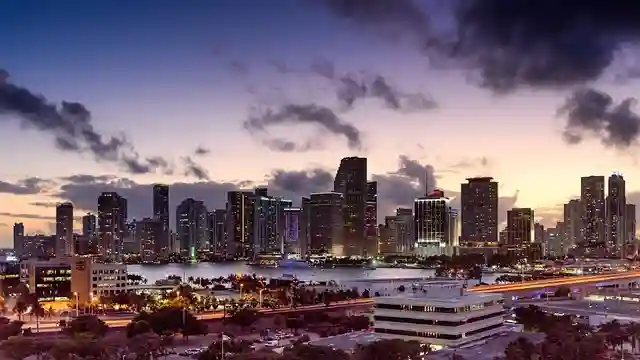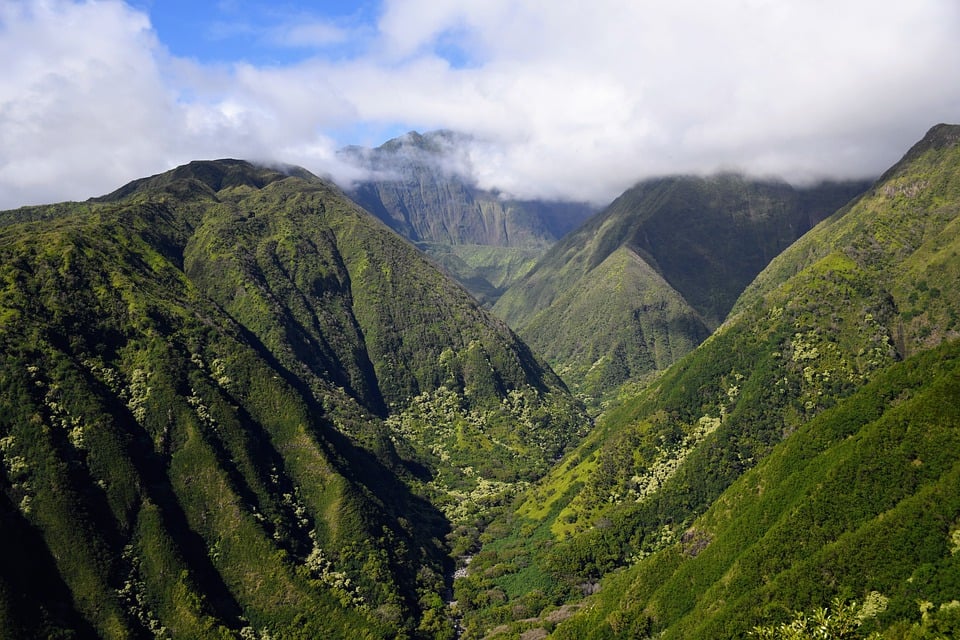It is important to avoid dangerous situations whenever possible. But having some basic self-defense skills can help you feel more confident and prepared in any emergency.
You can learn how to defend yourself against attackers or how to escape from dangerous situations. And how to use common objects as weapons.
Many martial arts schools and self-defense classes offer training. It is specifically geared towards travelers or women. And focuses on practical and effective techniques for real-world situations.
Do remember that self-defense should always be a last resort. If someone threatens you with a gun and wants only your cell phone. Just give it to them and run away.
Tell Your Bank Where You're Going
If you plan to use your debit or credit card abroad. Then surely tell your bank about the places where you are going for safe travels.
Many banks have fraud protection measures in place that may flag unusual activity on your account like transactions from a foreign country. By notifying your bank of your travel plans. You can help prevent your card from being locked or frozen due to suspected fraud. It can also safeguard access to your funds while traveling.
Give your bank the specifics about your travel dates and destinations. And update them if your plans change. Some banks also offer travel alerts or mobile apps that can help you monitor your account activity while on the go.
Food And Water Safety
In many places, food and water standards may differ from what you're used to at home. And consuming food can lead to infection or illness. So, ensure the safety of food and water and stay healthy on your trip.
Be careful about what you eat or drink. Stick to bottled water and avoid drinks made with tap water. When it comes to food. Then, choose restaurants and street vendors that have a reputation for serving safe and fresh food.
Avoid undercooked meats, raw fruits, and vegetables that cannot be peeled. Also don't use unpasteurized dairy products.
Hide Emergency Cash
It is a useful technique to hide cash, especially if you are robbed or lost your primary means of payment. Carry it in a separate location from your other money like in a hidden pocket or a secret luggage compartment.
With this, you can access funds in case of any emergency. Like in case you lost your wallet or there is no access to ATMs nearby.
Only carry as much emergency cash as you need, and be discreet when accessing it in public. This can avoid attracting unwanted attention or making yourself a target for theft.
Pack A First-Aid Kit
A well-stocked first aid kit can help you treat minor injuries and illnesses while on the go. It is your lifesaver in case of an emergency. It is an essential part of safety tips when traveling.
Put things like bandages, antiseptic wipes, pain relievers, allergy medication, and any necessary prescription medications. Also add insect repellent, sunscreen, and a thermometer.
Be sure to consider the activities you'll be doing and the environment you'll be in while making your first-aid kit. For example, if you'll be hiking in a remote area. Then, you may want to include items like moleskin for blisters and a snakebite kit.
Use ATMs Wisely
ATMs are convenient for accessing cash on your trip. But, they can also be a target for thieves and scammers. To avoid crimes related to ATMs and falling victim to them. Use ATM machines in well-lit and busy areas. And avoid transacting your money at ATMs that are not affiliated with a bank or reputable financial institution.
Cover the keypad with your hand when you enter the PIN. And beware of anyone standing too close or acting suspiciously.
You can also withdraw larger amounts to minimize the use of ATMs at a new place. And secure them in a hidden pocket.
Stop Using Your Back Pocket
Your back pocket is an easy point for burglars. Because it's easily accessible and often contains valuables like your wallet or passport.
Never use your back pocket in crowded areas or places where there are high chances of pickpocketing. Rather keep your valuables in your front pocket as it is much harder to access by someone else.
Traveling publically? Then carry your belongings closely attached to you at all times. You can also wear a money belt for some mental peace.
Trust Your Instincts
Gut feelings and intuitions are your body's natural way of responding to potential danger. It can be a valuable tool and can help you in avoiding risky situations.
If something doesn't feel right. Then listen to your gut and take steps to protect yourself. You can change your travel plans, avoid certain areas or activities, or seek help from local authorities.
Also, be familiar with common scams or tactics used by bandits. Like distraction techniques or offers that seem too good to be true.
Stay Relatively Sober
Devouring a lot of alcohol or drugs can impair your judgment. It makes you more vulnerable to accidents, thefts, or dangerous situations.
Enjoy yourself but stay attentive and don't cross your limits. Avoid binge drinking and make sure you have a plan for getting back to your accommodation safely.
You can also increase your risk of health problems like dehydration or alcohol poisoning in some unfamiliar places.
By being sober, you can stay alert of your surroundings as it is crucial to avoid danger or to get in trouble with the police.
